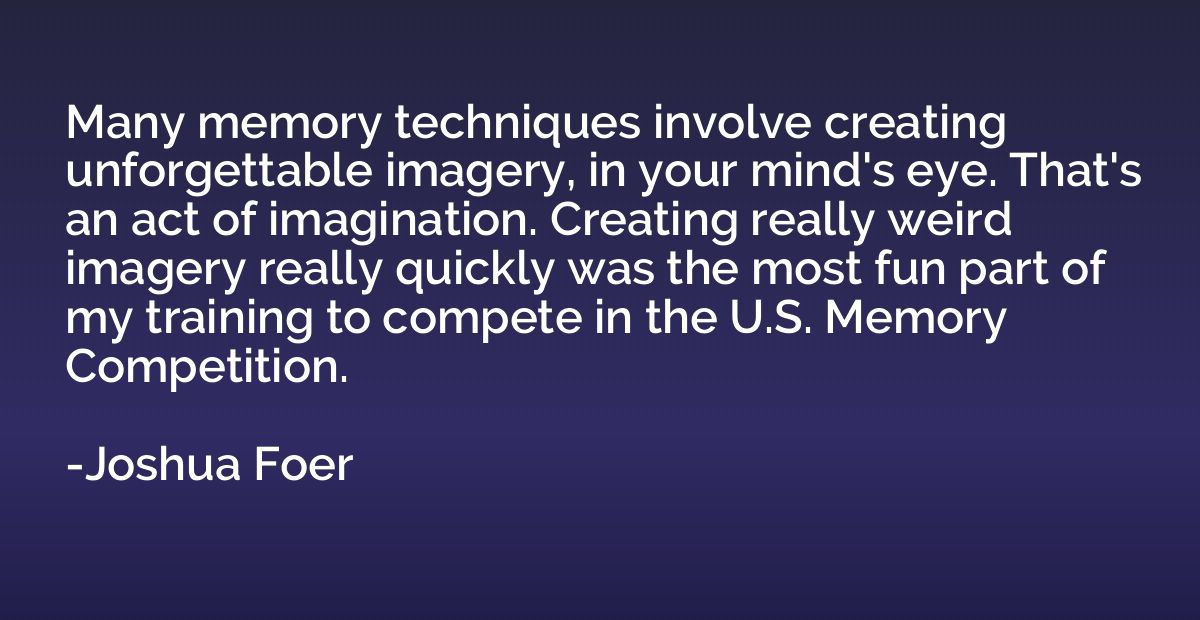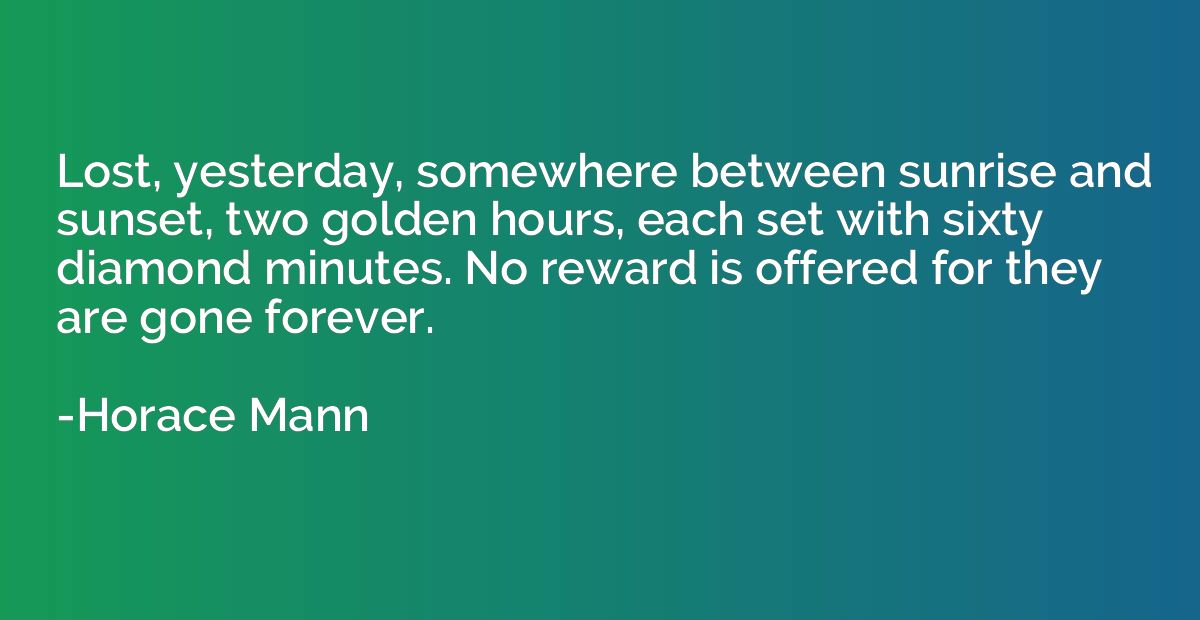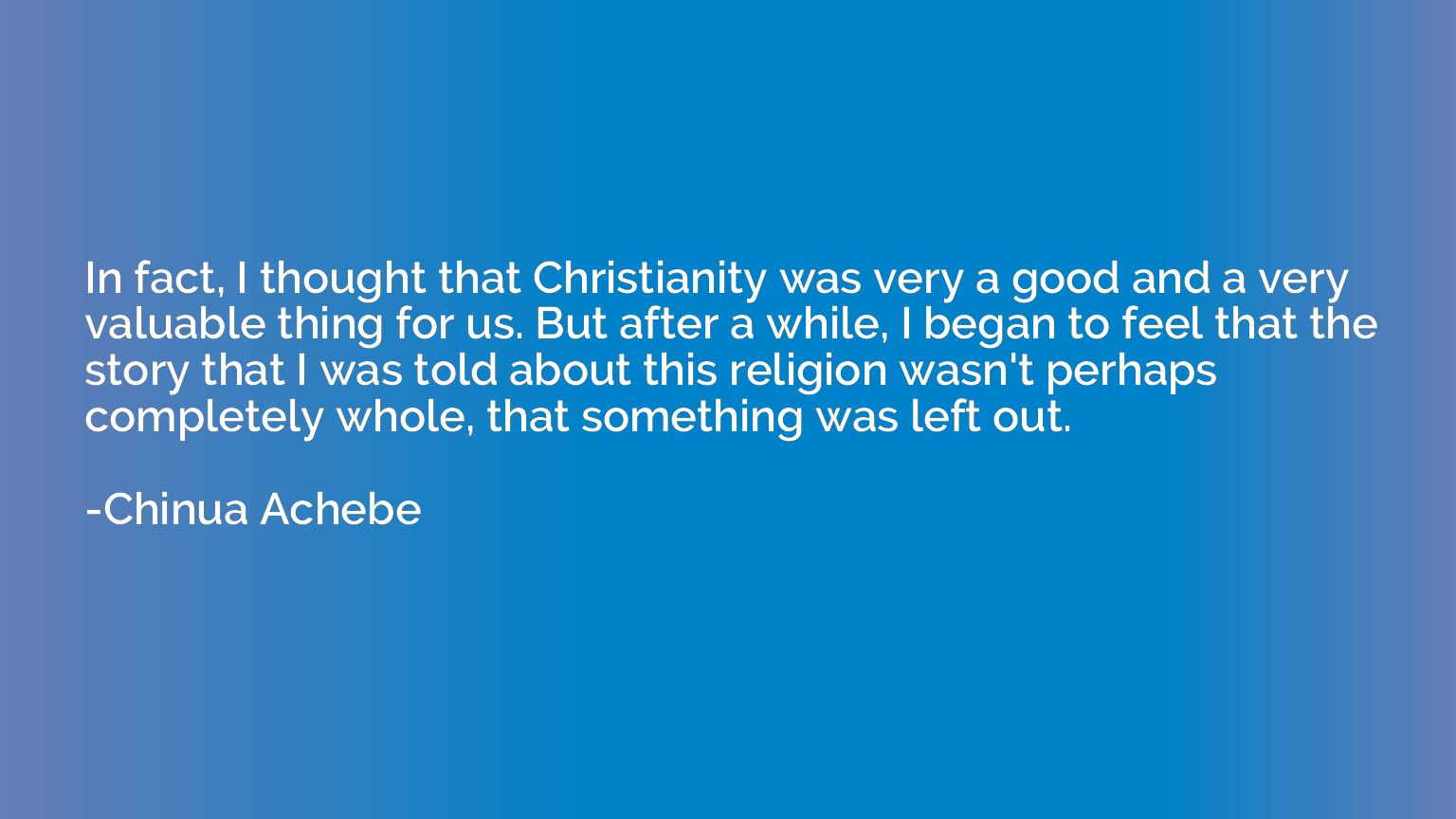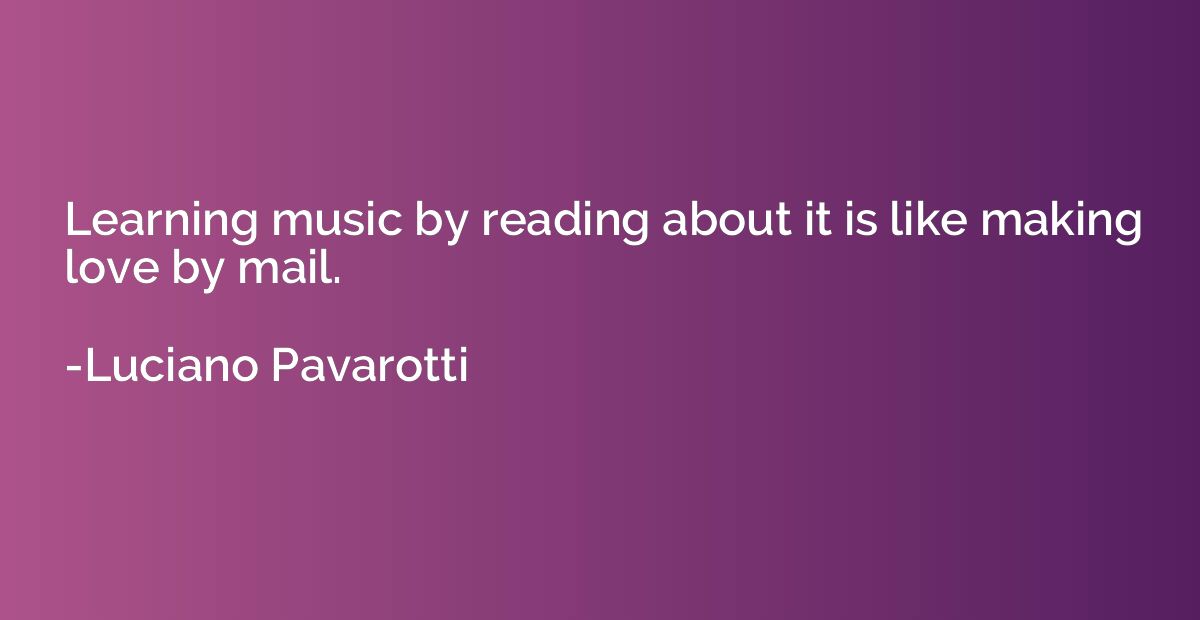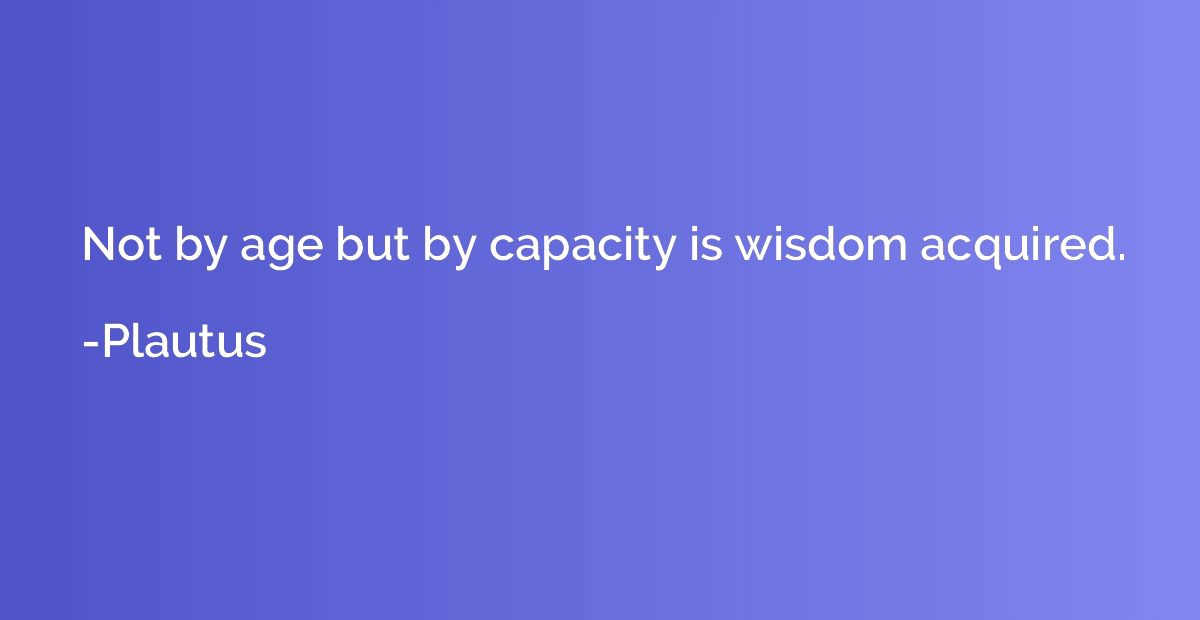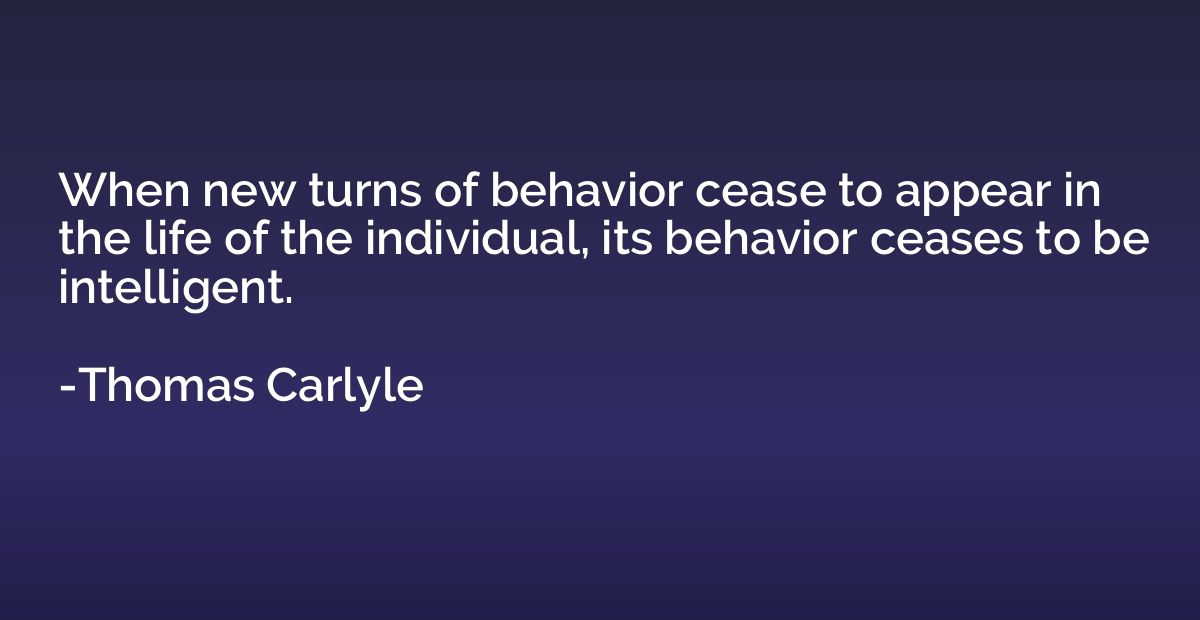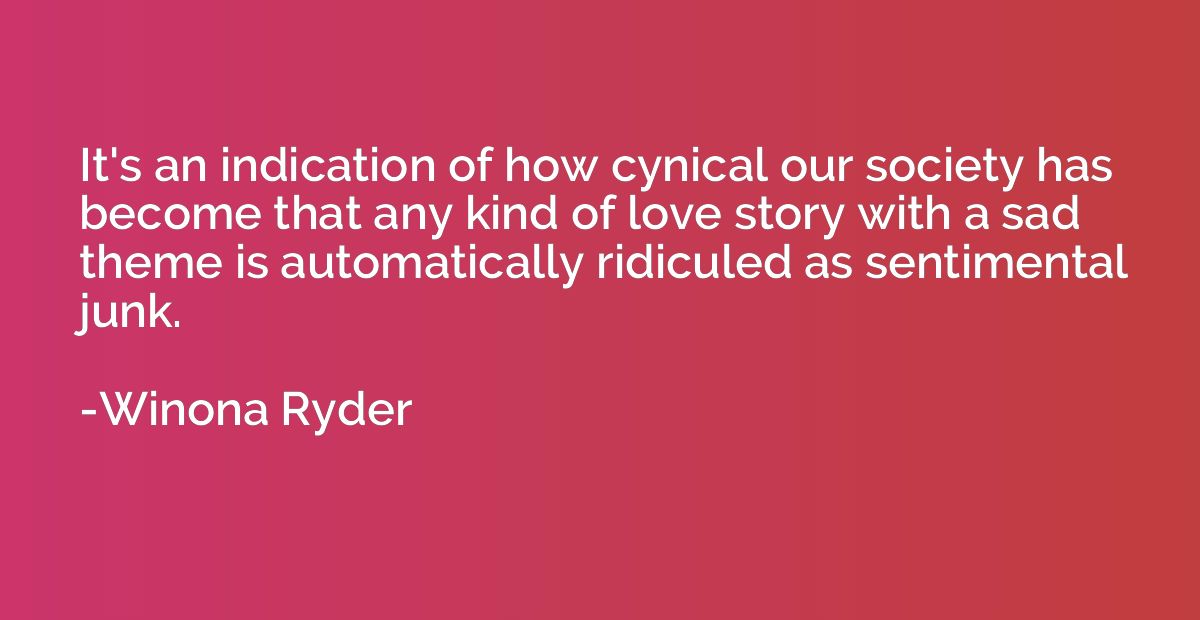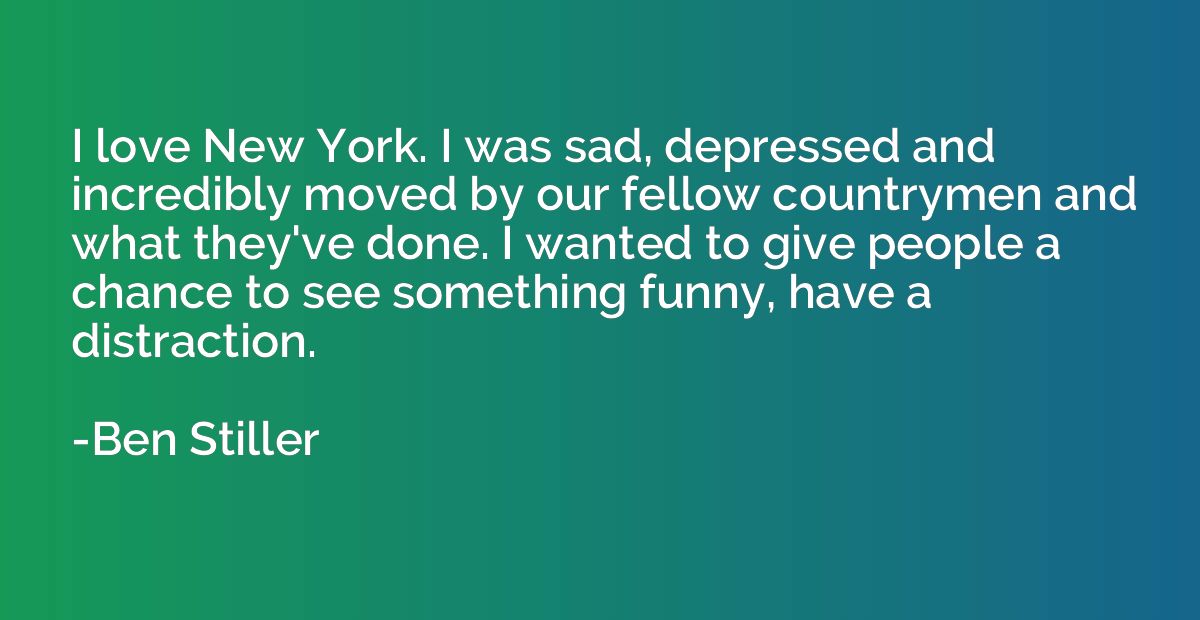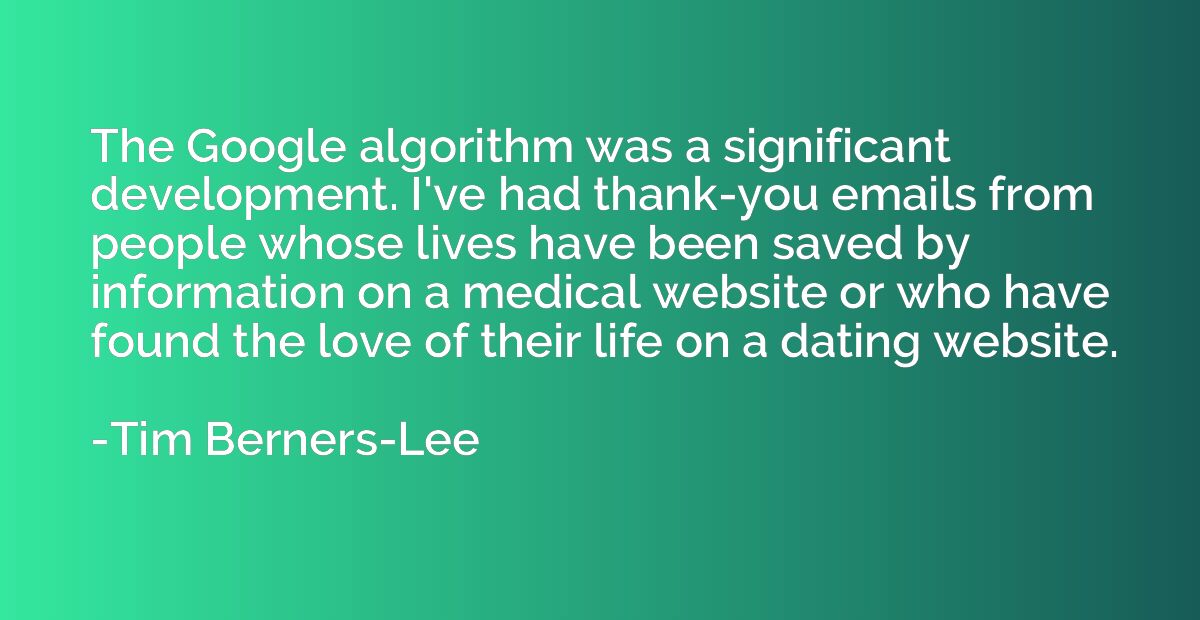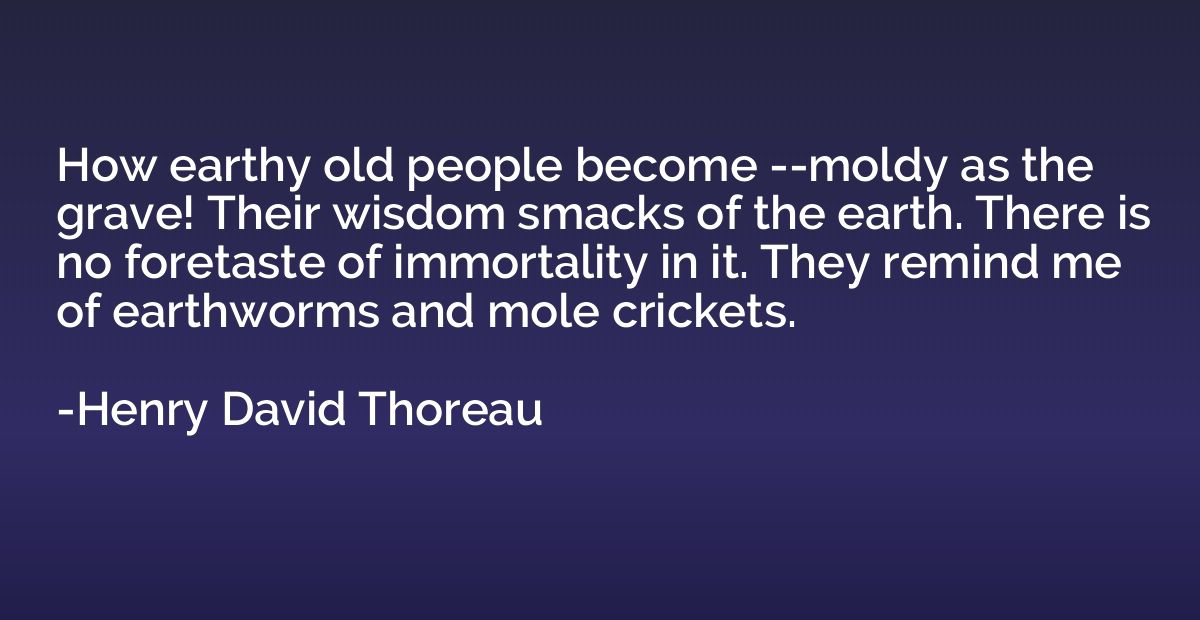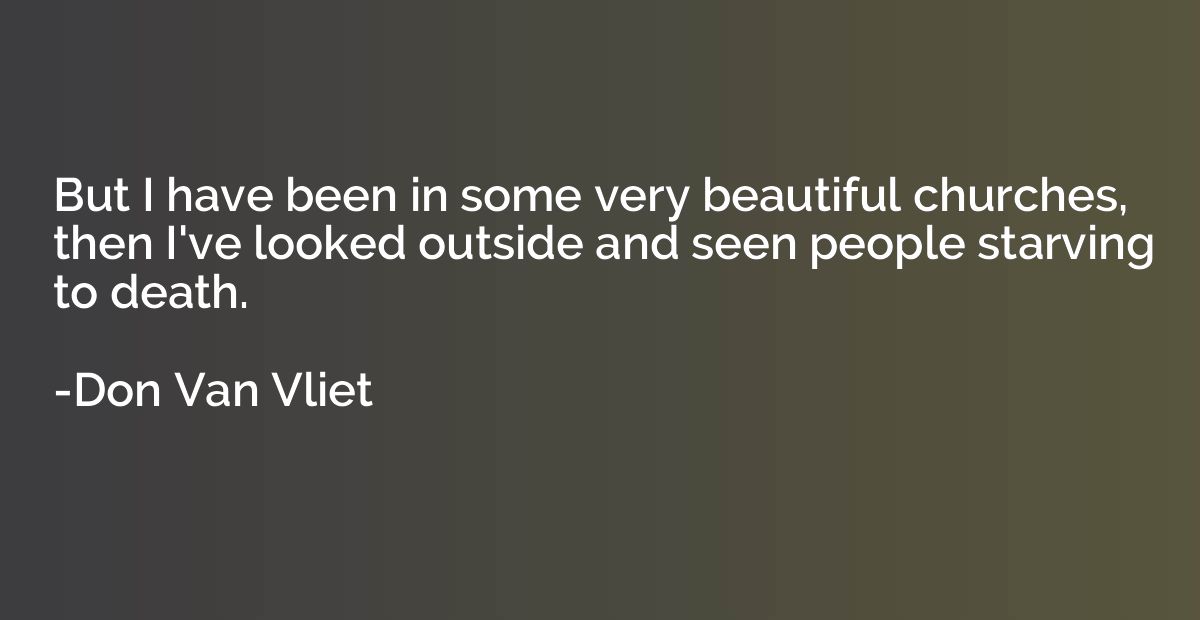Quote by Abraham Lincoln
The true rule, in determining to embrace, or reject any thing, is not whether it have any evil in it; but whether it have more of evil, than of good. There are few things wholly evil, or wholly good. Almost every thing, especially of governmental policy, is an inseparable compound of the two; so that our best judgment of the preponderance between them is continually demanded.
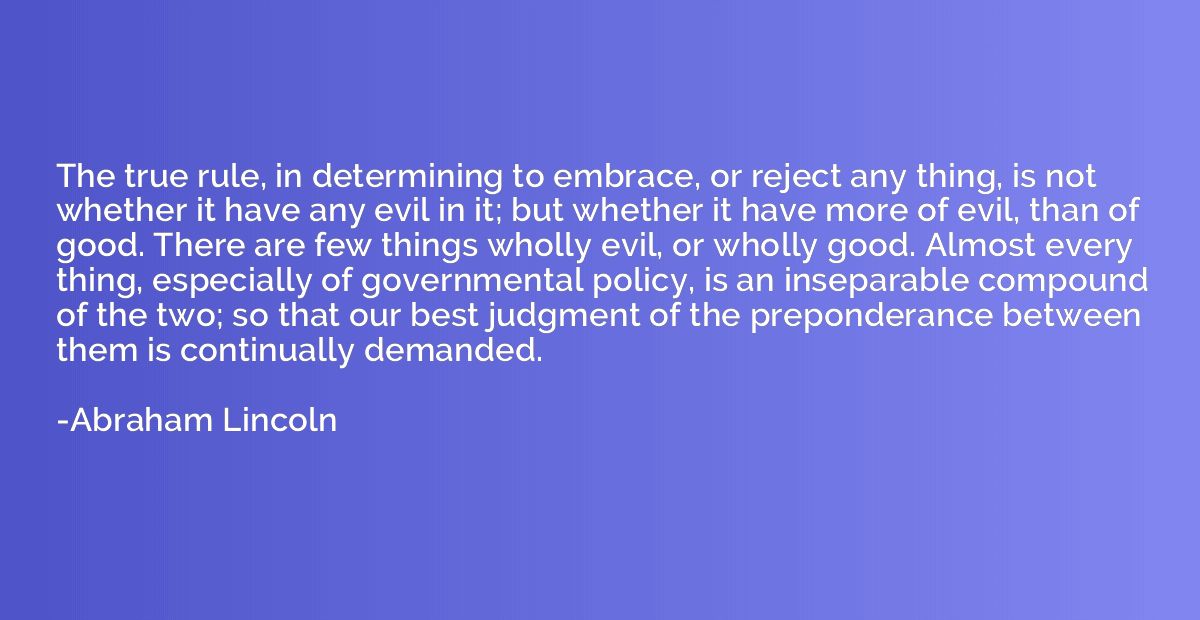
Summary
This quote emphasizes the importance of considering both the good and the bad aspects when making decisions. It suggests that nothing is entirely good or entirely evil; rather, most things, particularly in matters of governance, are a combination of the two. The quote implies that the key lies in determining which side prevails - whether the good outweighs the evil or vice versa. This highlights the need for discernment and thoughtful judgment to strike a balance between these complex factors when evaluating and accepting or rejecting ideas or policies.



